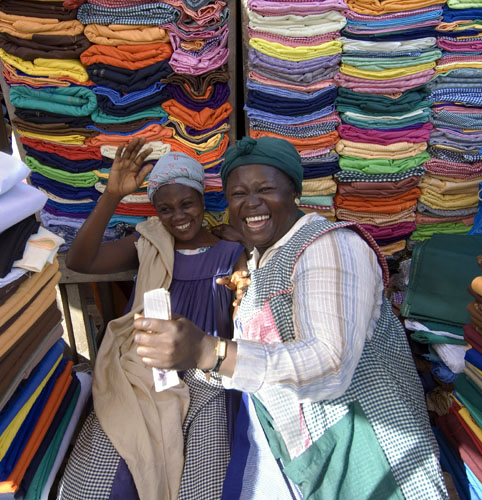Impromptu Visits with Friends: A Lost Art
During my childhood years, in the afternoon after school, I would go from house to house, rouse friends, and we would play our own variations of baseball, football, and cowboys and Indians. This typically took place in our front yards and in the street. In retrospect, I am not certain how much our neighbors appreciated their favorite bushes being designated as second base or a touchdown. However, in the process, we exercised our abilities to create our own fun. We would play all afternoon, and would spontaneously be invited to dinner at which ever homes we randomly would arrive at when it became dark.
How often do you hear of adults—or even children– just dropping in on one another now? While “being neighborly” used to mean social calls with friends, now, for many in the United States, it often means respecting their privacy and leaving them alone.
 A few years ago, a study comparing relative levels of satisfaction in different countries was published; both Ghana and the United States were included. Although its per capita income is a fraction of that in the United States, Ghana was higher on the satisfaction scale. I happened to be training a Ghanaian resident physician at the time, and I asked him for an explanation. He responded by relating a recent phone call that he had received from a friend back home. His friend inquired, “Is it really true that before you visit someone in the United States, you must call them first to get permission?” When the resident answered in the affirmative, his friend replied, “You must come home immediately. How can you live in such a place?”
A few years ago, a study comparing relative levels of satisfaction in different countries was published; both Ghana and the United States were included. Although its per capita income is a fraction of that in the United States, Ghana was higher on the satisfaction scale. I happened to be training a Ghanaian resident physician at the time, and I asked him for an explanation. He responded by relating a recent phone call that he had received from a friend back home. His friend inquired, “Is it really true that before you visit someone in the United States, you must call them first to get permission?” When the resident answered in the affirmative, his friend replied, “You must come home immediately. How can you live in such a place?”
The one exception to this “leave them alone” philosophy in our culture comes in a time of crisis, when, thank goodness, friends usually can be counted upon for support.
But why do we only need to reach out in a crisis? In my book Seeing More Colors: A Guide to a Richer Life, I share a quote from Eli Wiesel, who write in Against Silence, “Popular belief has it that true friendship can be ascertained only in time of need. Not so; in happiness you will recognize your true friends. They will not be envious. You will usually find friends to feel sorry for you but rare are those who feel happy simply because you are happy.”
Among life’s great pleasures is celebrating with friends and, when rejoicing with them, I often think of Wiesel’s words. Remembering the positive energy that I have felt from friends on my own happy occasions, I always attempt to fully participate in the joy of their special events. We should exercise our capacity for celebration.